Giovanni Rubiano leaves the Supersalud with more complaints about intervened EPSs: the balance of the outgoing Supersalud's eleven months shows a 36% increase.
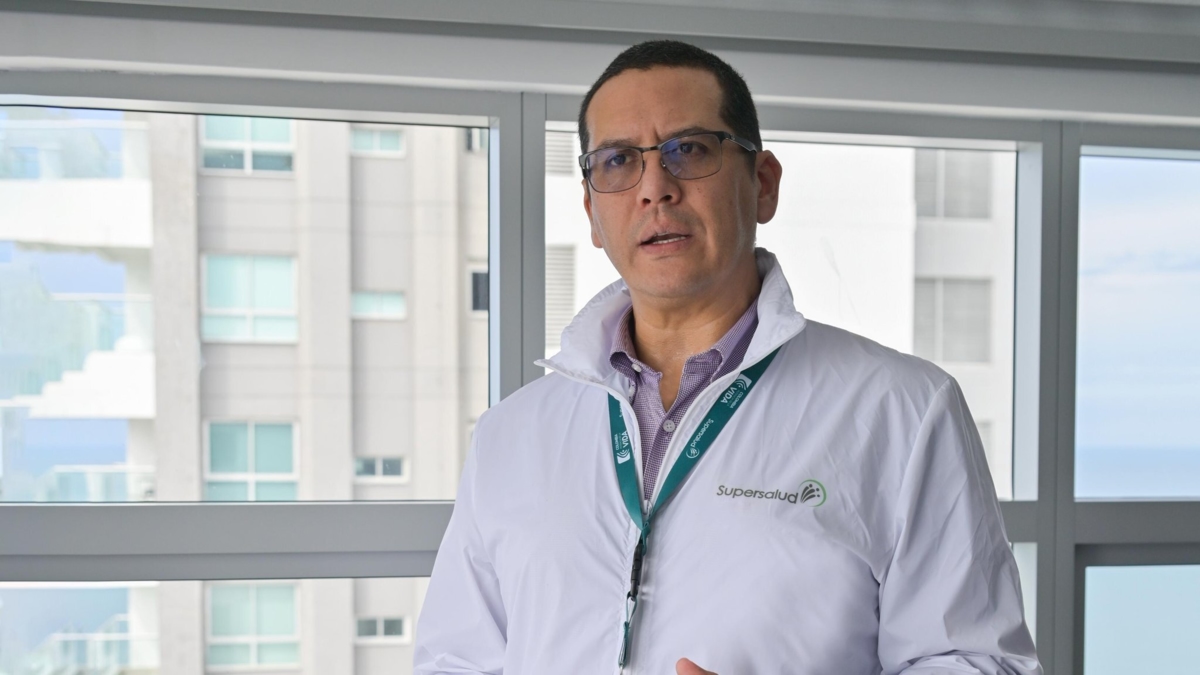
On November 6, 2024, Dr. Helver Giovanni Rubiano García assumed the leadership of the National Health Superintendency (Supersalud). He took office after the departure of Luis Carlos Leal, who, between February and November 2024, had led an unprecedented series of interventions in the country's main Health Promotion Entities (EPS).
Rubiano took office when the system's board was already marked by high-impact decisions. Eleven months later, on October 14, 2025, he resigned without publicly explaining his reasons, leaving behind a complex situation: nine EPSs under intervention and a widespread increase in citizen complaints.
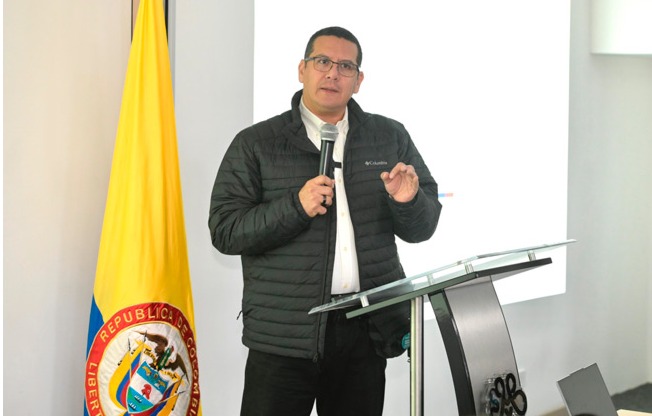
Outgoing National Health Superintendent Helver Giovanni Rubiano García. Photo: National Health Superintendency
When Rubiano took over at the Supersalud (Health Superintendency), there were already eight EPSs under administrative intervention. Five of them—Sanitas, Nueva EPS, SOS, Famisanar, and Capresoca—were intervened during the administration of Luis Carlos Leal, between April and October 2024. The other three—Emssanar, Savia Salud, and Asmet Salud—had been intervened earlier, during the administration of Ulahy Beltrán, the first superintendent of the Petro government, between May and June 2023.
Rubiano added only one new intervention: Coosalud EPS, on November 22, 2024, just two weeks after taking office. With this decision, the total number of EPSs controlled by the government rose to nine.
Unlike his predecessor, Rubiano did not promote new interventions, but instead focused his administration on managing existing ones. His focus was on adjusting the intervention teams, a strategy that, however, failed to yield visible improvements in the service.

Rubiano made changes to the EPS auditors. Photo: Supersalud / EL TIEMPO Archive
During that time, another setback for Rubiano's administration was the withdrawal of Sanitas from state control. On September 8, 2025, the Keralty group regained control of EPS Sanitas, after the Constitutional Court repealed the government's April 2024 intervention.
The court ruling reversed one of the measures adopted during Luis Carlos Leal's administration and set a precedent regarding the Supersalud's limits on private insurers. With this reversal, the number of EPSs under state control again fell from nine to eight.
Constant rotations: changes in auditors During his administration, Rubiano repeatedly changed the teams in charge of the intervened EPSs. On June 26, 2025, the Superintendency of Health (SUPH) confirmed new intervenors for Famisanar, Coosalud, and Asmet Salud. A month and a half later, on August 19, he rotated positions again at Nueva EPS, Coosalud, and SOS.
The most obvious case was Nueva EPS, the insurance company with the most members and also the most controversial: In November 2024, the first intervener, Julio Rincón, was replaced by Bernardo Camacho. Then, in August 2025, Camacho was replaced by Gloria Polanía Aguillón, the third person in less than a year.
These turnovers reflect, according to experts, a management approach focused more on administrative turnover than on consolidating sustained improvement strategies.
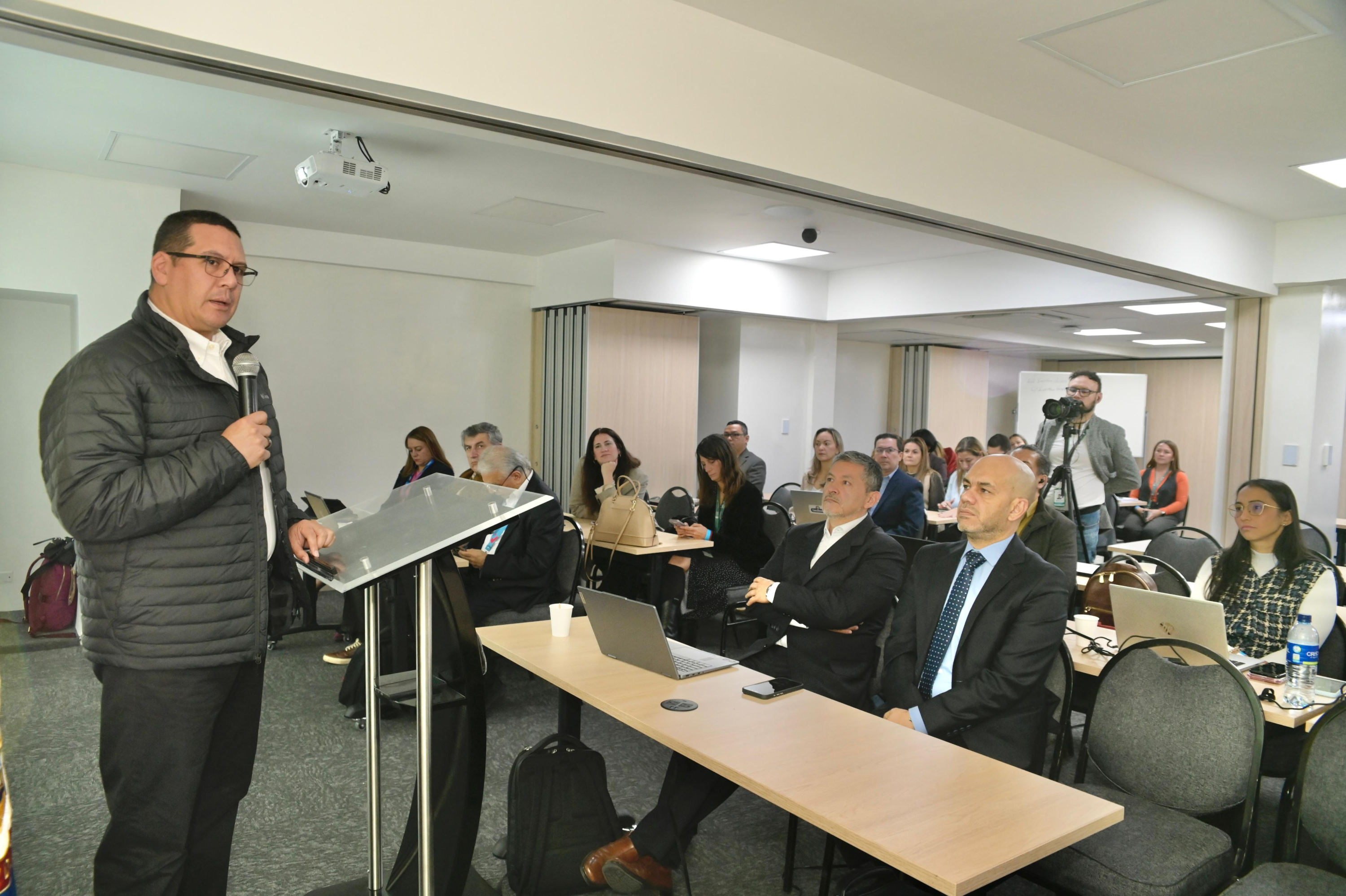
Rubiano repeatedly questioned the EPSs, several of which are under the control of the Supersalud (Health Superintendency). Photo: Supersalud
In any case, Rubiano's measures had little effect. Data from the Petitions, Complaints, Claims, and Reports (PQRD) show that, during the former superintendent's administration, complaints increased in almost all the intervened EPSs.
Comparing the first half of 2024—when the interventions were under Leal's direction—with the first half of 2025—now under Rubiano's leadership—the deterioration is clear. During the first half of 2025, user complaints increased across the board in almost all the EPSs under intervention.
At Sanitas, for example, complaints rose from 99,047 to 128,532, an increase of almost 30,000 additional requests compared to the same period in 2024. At the Western Health Service (SOS), complaints rose from 16,616 to 21,145, while Famisanar recorded an even steeper jump: from 53,703 to 75,393, or more than 21,000 additional complaints.
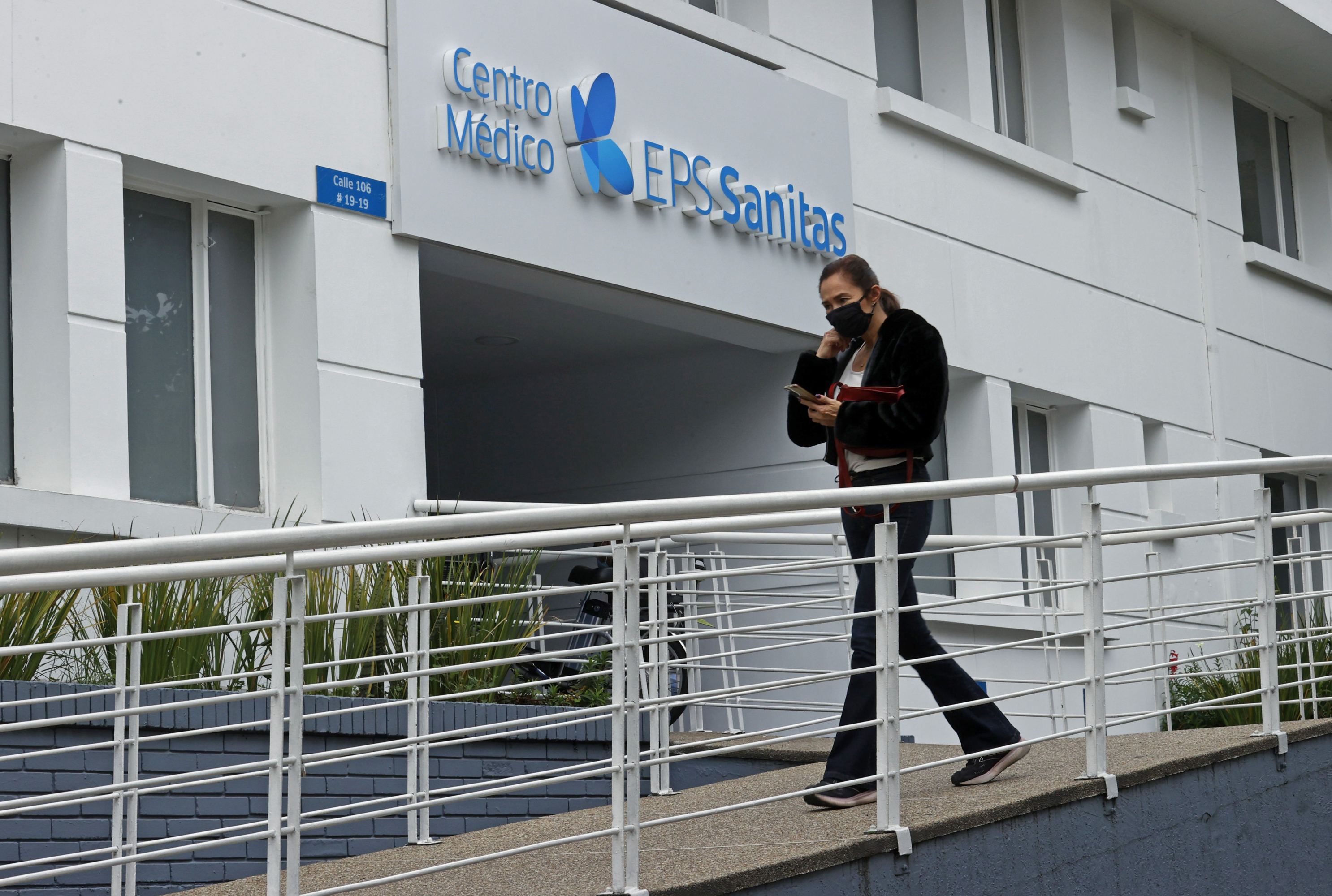
One of Rubiano's setbacks was Keralty's repossession of Sanitas, which had been taken over by Leal. Photo: Mauricio Dueñas / EFE
In other entities, the trend was more stable, although without significant improvements. Emssanar barely narrowed the gap, going from 20,890 to 21,259 complaints, while Savia Salud increased from 30,752 to 32,302. Capresoca, meanwhile, remained virtually unchanged, with 2,986 complaints compared to 2,938 the previous year.
The only EPS that showed a slight decrease was Asmet Salud, which went from 15,594 to 14,666 complaints, a reduction of less than 1,000 cases. In contrast, Coosalud, the only EPS intervened during the Rubiano administration, went from 35,522 to 42,207 complaints, an increase of almost 7,000 complaints after its intervention.
But the most critical case was that of Nueva EPS, the insurance company with the most members in the country, with more than 11.7 million users, and one of the most criticized during his administration. In just one year, its complaints grew from 153,385 to 244,416, an increase of more than 91,000 complaints. This entity, which also had three different interveners during Rubiano's term, accounted for almost half of all the complaints registered among EPSs under state control.
Overall, the nine EPSs intervened increased their number of complaints from 428,447 in the first half of 2024 to 583,906 in the same period of 2025, representing a 36% increase. The figures show that, despite the administrative changes and the presence of the Supersalud (Health Superintendency), problems with access, timeliness, and quality of care did not decrease; on the contrary, they worsened.
The Nueva EPS, intervened by Leal and managed under three different administrators during the Rubiano era, accounts for almost half of the complaints.
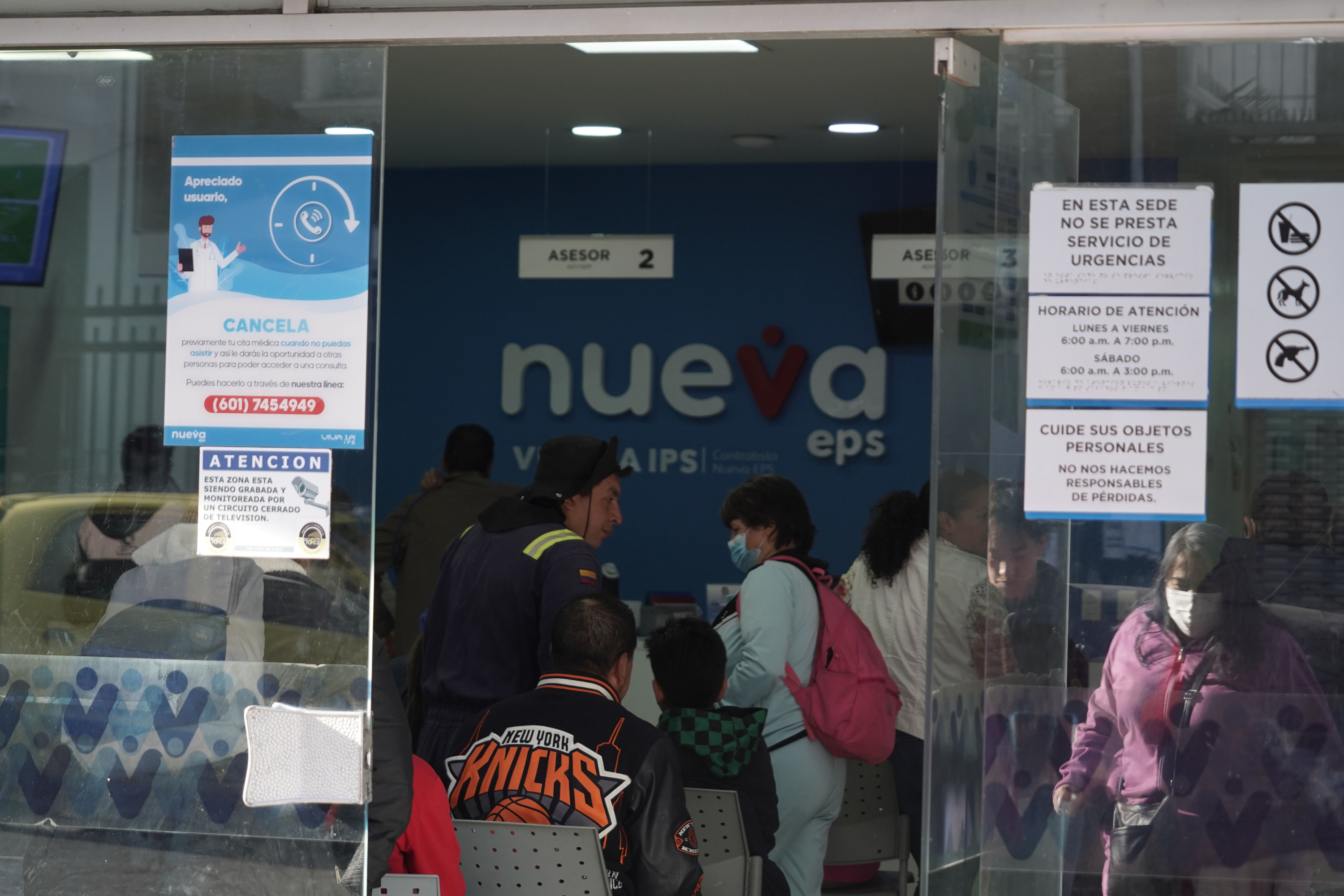
Nueva EPS is the country's largest insurance company, with 11.7 million members. Photo: MAURICIO MORENO
The figures show that the interventions did not translate into improvements for users. The measures sought to stabilize the EPSs and ensure continuity of care, but the sustained increase in complaints indicates that the problems persist.
During Rubiano's administration, there were no new interventions, but there was more direct control over existing ones. However, service indicators and complaints demonstrate that the administrative changes failed to reverse the negative trend.
Environment and Health Journalist
eltiempo




-U34160351147zXP-1024x512%40diario_abc.jpg&w=1280&q=100)